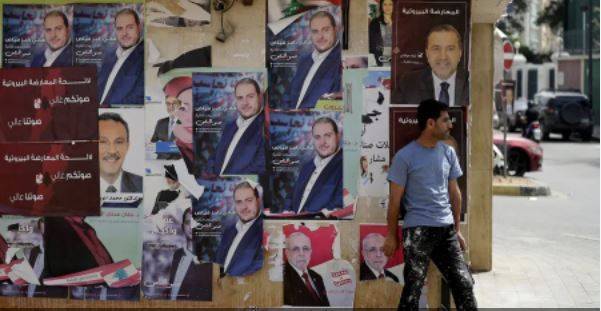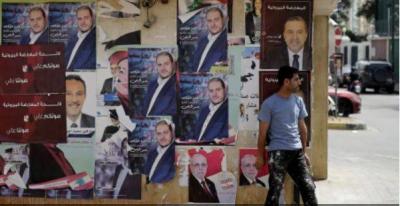Advertising spending in Lebanon has significantly decreased over the past two years due to political and economic crises as well as the COVID-19 pandemic, with a decline of 95 percent compared to 2018 and the years preceding it. George Jabour, president of the Advertising Syndicate in Lebanon, told Sky News Arabia that advertising investment in the country reached approximately $200 million in 2018, distributed between traditional and online ads. This amount declined to $130 million in 2019 due to the economic downturn in Lebanon during the last quarter of the year, falling to $10 million in both 2020 and 2021 due to currency and political crises and the depreciation of the Lebanese pound against the dollar.
With only 35 days remaining until the elections, Jabour believes that expectations for advertising investment during the election season have been overly optimistic and diverge from reality, describing them as "the most timid."
#### Reasons for the Decline
Jabour outlined several key reasons for the drop in advertisements, attributing the situation to various factors, mainly the belief among some that elections would be canceled or postponed, and the withdrawal of key political factions, which created a lack of enthusiasm. Additionally, many Lebanese felt disappointment due to not being represented by any parliamentary list, and a significant number of party candidates have already secured victories.
Jabour explained that candidate advertisements are spread across billboards on roads, online platforms, television, and radio, meaning that advertising companies did not benefit but rather the operators of outdoor advertising and television channels.
He noted that some political groups that previously allocated around $30 million for their election campaigns no longer exist, estimating that the advertising budget for the 2022 elections would reach about $6 million, excluding festivals, media budgets, and other campaign-related costs. Furthermore, advertising space prices across various media have dropped by two-thirds compared to the 2018 elections.
Sami Saab, a communication expert and creative director at PHENOMENA, commented that advertisements for this election cycle arrived late. He remarked that affluent candidates, who can invest in advertisements, are primarily party candidates with little to say amid public anger, and change-seeking candidates are unable to spend. Additionally, representatives of activists and civil society failed to form a single national list, which led to some expecting potential cancellations.
Amidst the various slogans of candidates for Lebanon's parliamentary elections and the absence of programs and visions, Saab expressed his belief that people feel frustrated by the corruption of the ruling authority and the voters who supported these politicians, failing to seize a historic opportunity to change the corrupt class.
Saab lamented the continued influx of election funds across all Lebanese governorates, whether through employment, health services, or the illegal buying of voter support. He concluded by stating that money is being funneled into direct and indirect advertising, with spending through various media outlets exceeding three times that of ordinary days, along with the involvement of new beneficiaries in the advertising market during election campaigns, particularly social media influencers.




